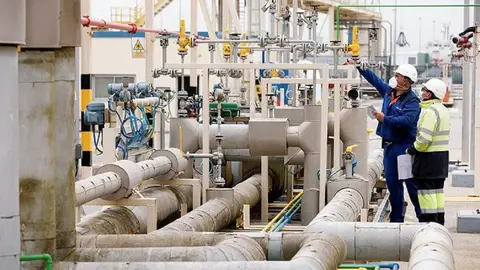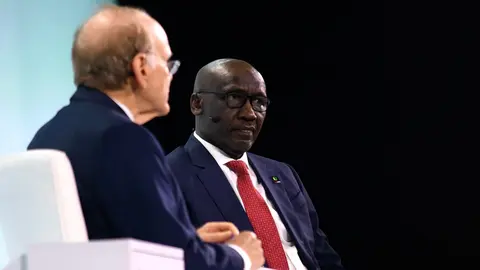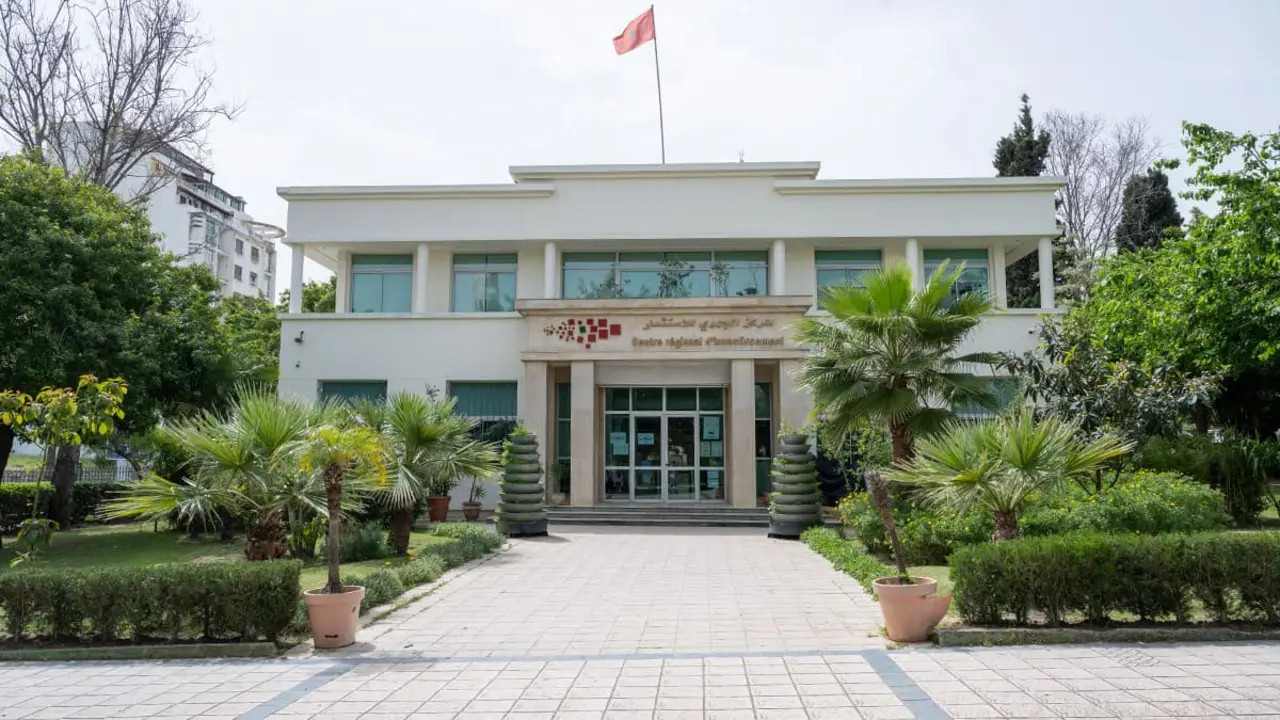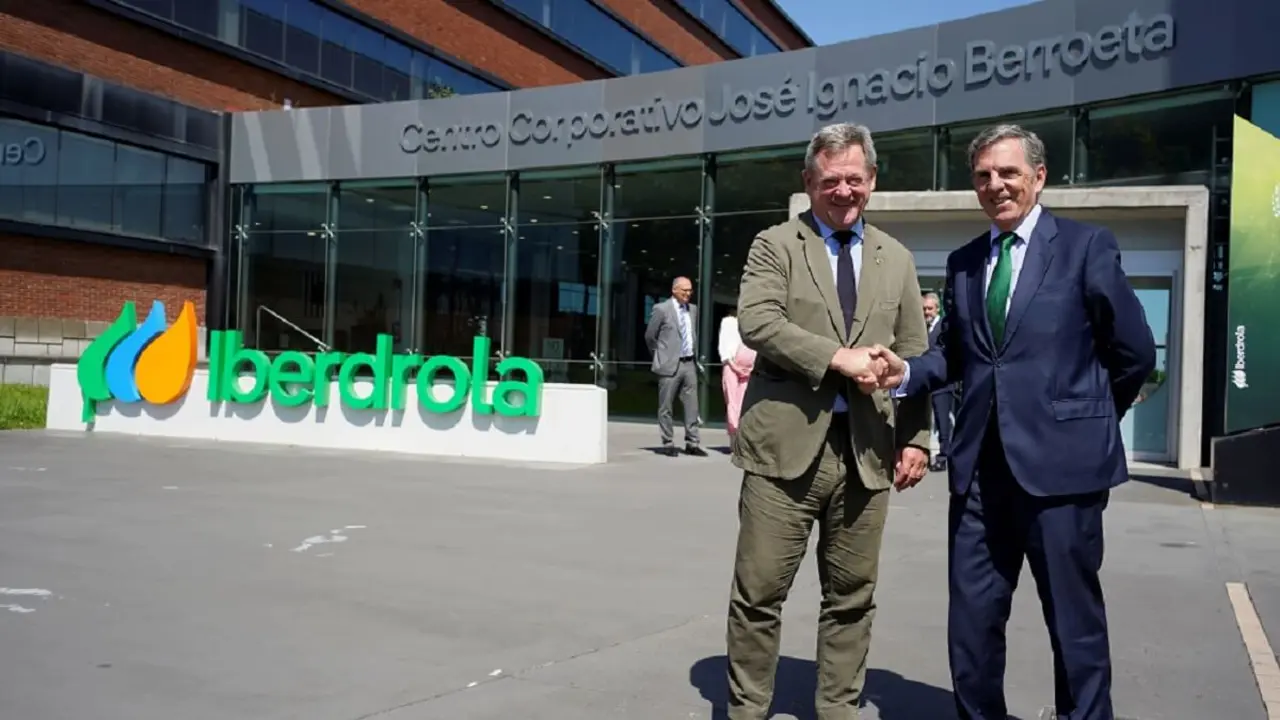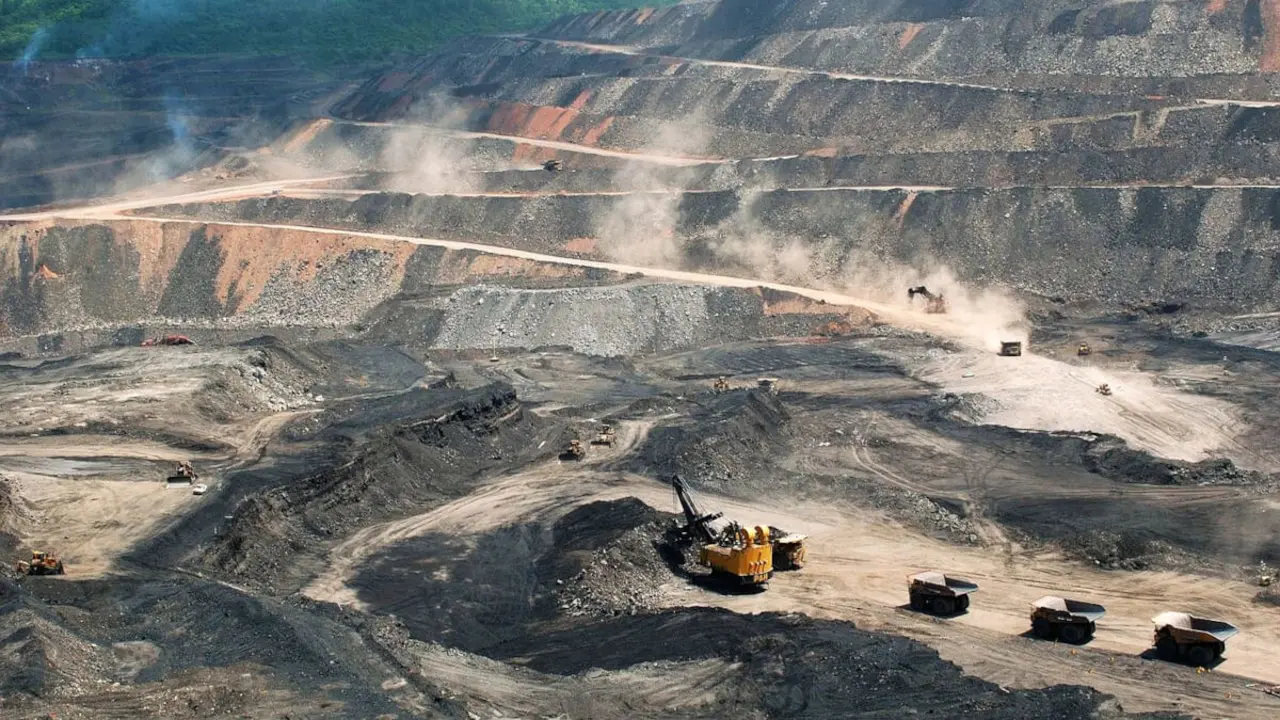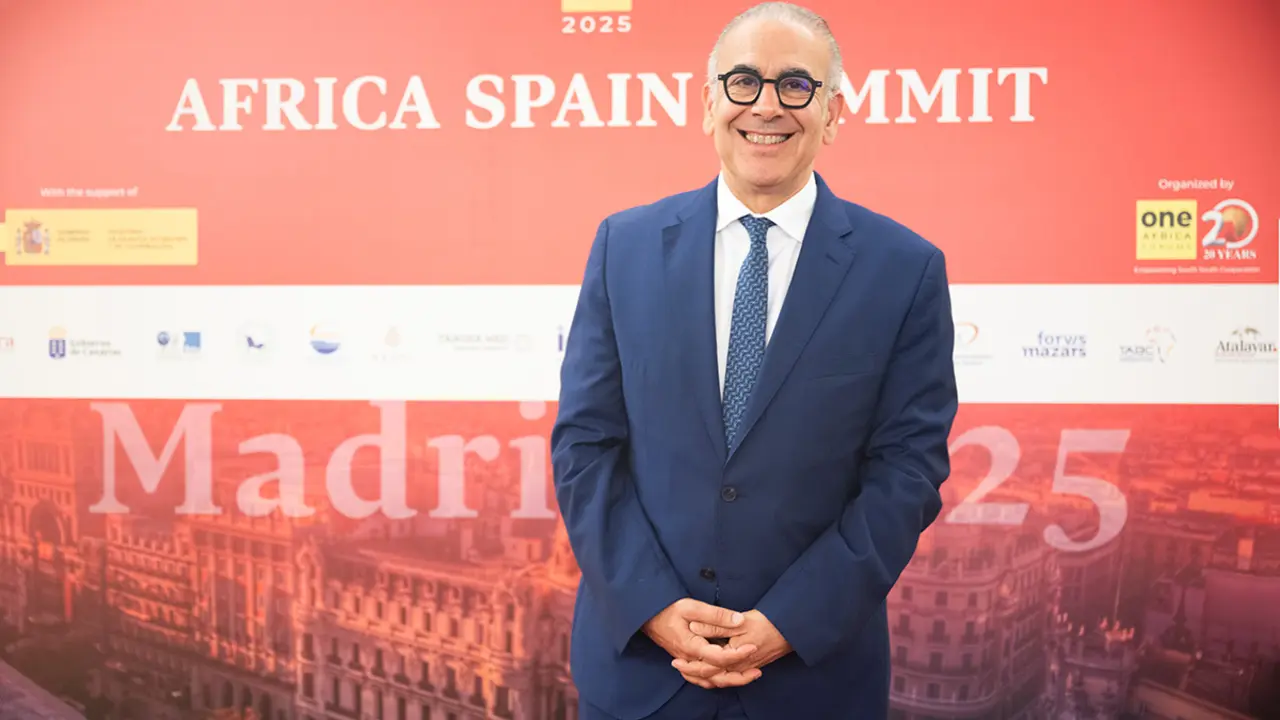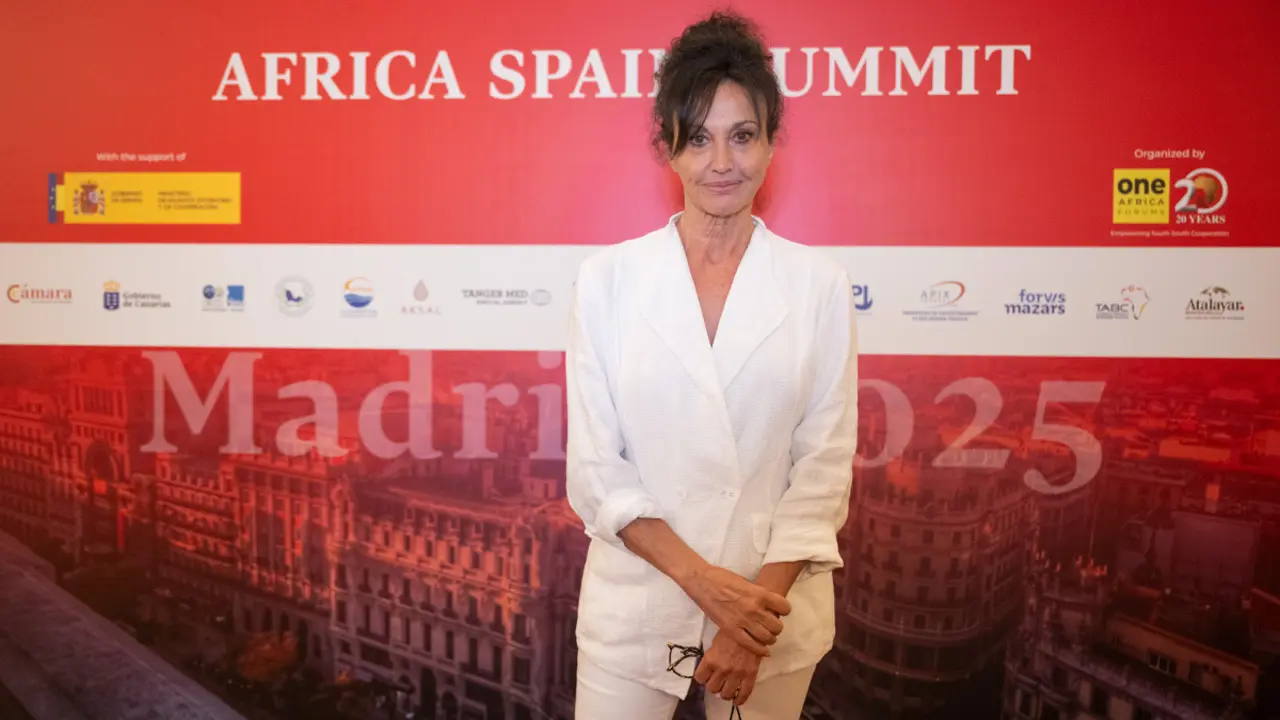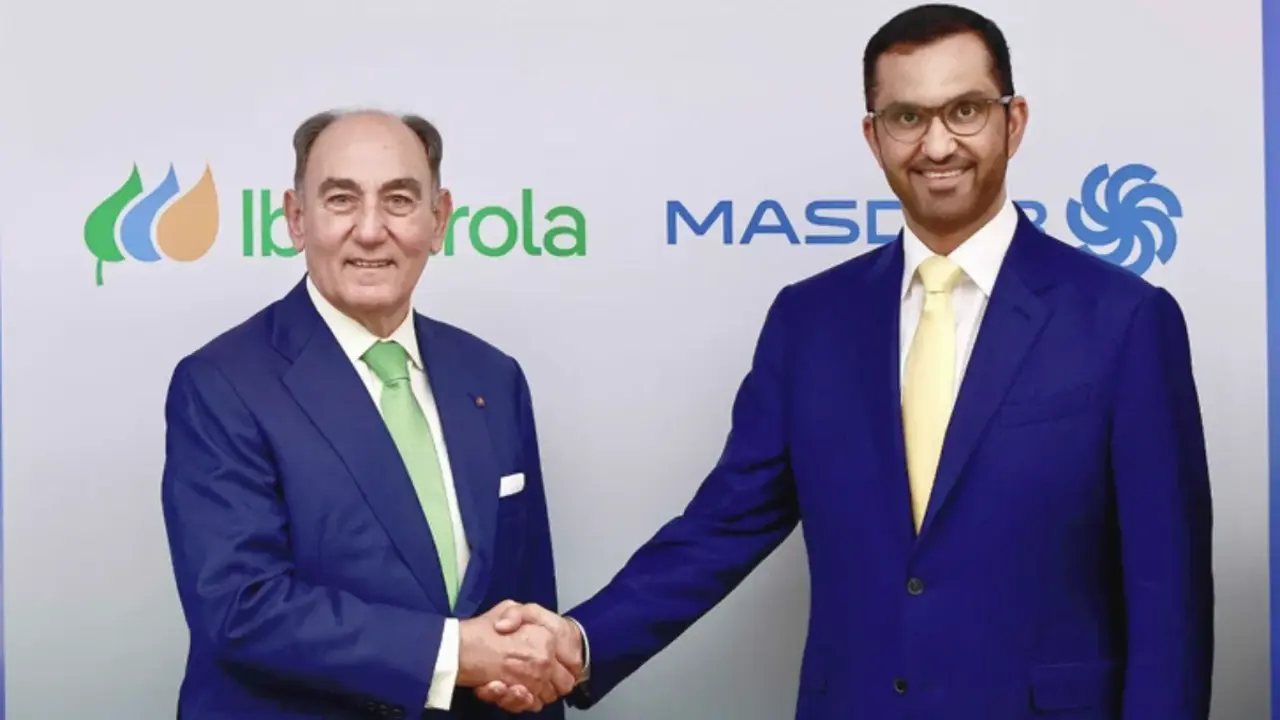Morocco supports licensing agreement between Chariot and Energean for gas exploitation
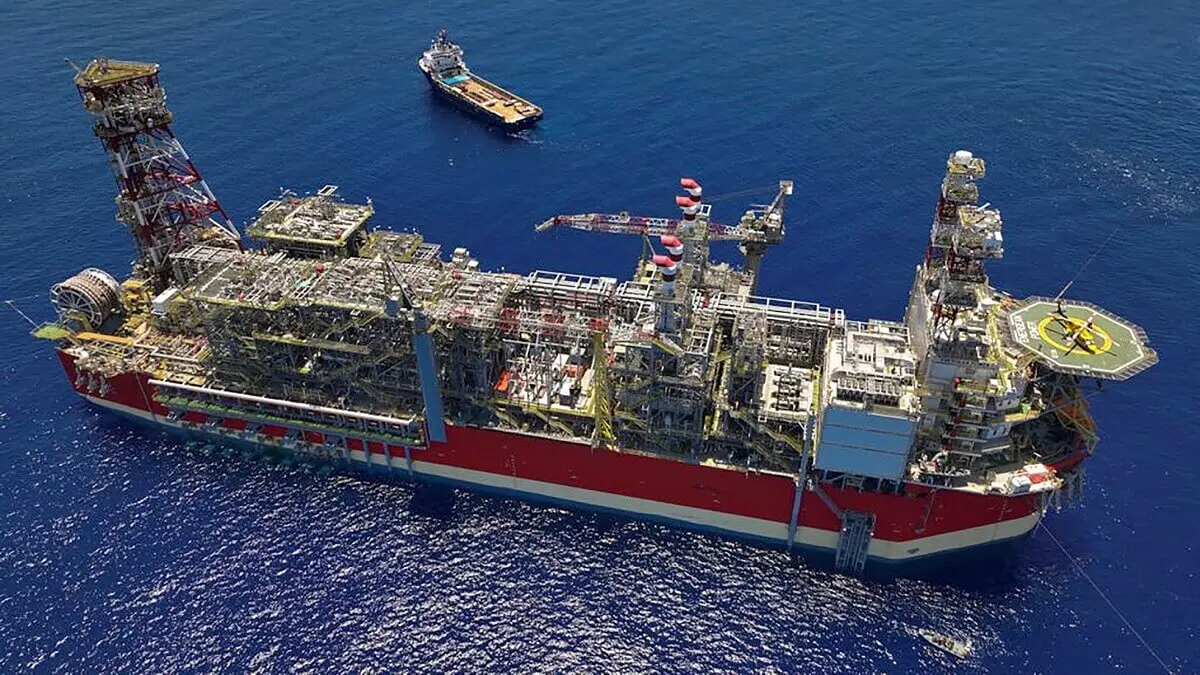
Morocco continues to make progress in the offshore gas exploration market in order to develop this important energy industry.
In this sense, another step forward has been taken with the agreement between the British companies Chariot Energy and Energean PLC on the participation in the Lixus and Rissana offshore licences.
A partnership plan between the two companies has been in place since December and has now come to fruition.
Thanks to the agreement, Energean will obtain a 45% stake in the Lixus and Rissana offshore hydrocarbon exploration and production licences off the Moroccan coast. All with the approval and support of the Moroccan state. As part of the agreement, Energean will have the operation of both licences, while Chariot will retain a 30 and 37.5% stake in Lixus and Rissana, respectively. Morocco's National Hydrocarbons and Mining Commission (ONHYM) will retain a 25% stake in each exploitation area.
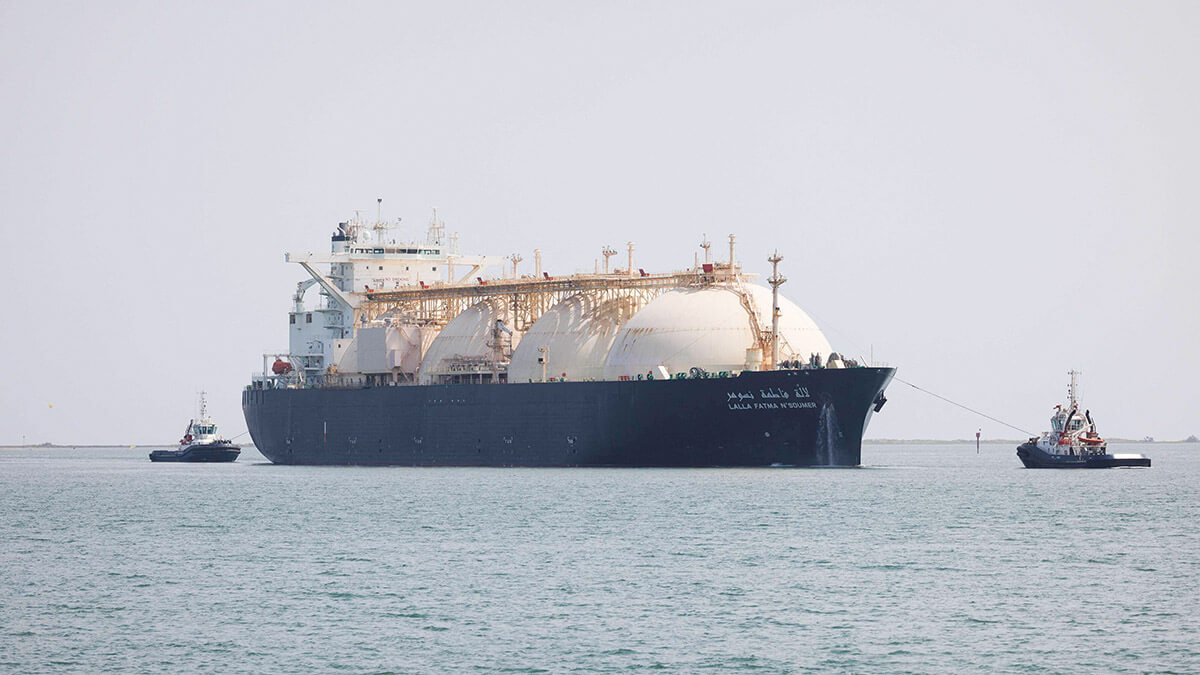
Chariot CEO Adonis Pouroulis welcomed the deal: "We have all the necessary Moroccan approvals for the deal to go through," he said. "This means that Energean is now the operator of the Lixus and Rissana offshore blocks," he said, as reported by Morocco World News.
Pouroulis also welcomed the fact that the company has secured a 10 million dollar cash injection as part of the deal, and announced that Chariot has also signed a platform contract with Stena Group.
"It's a Stena Forth rig and we should be drilling in the third quarter of this year. Very exciting. What is also very important is that we have the option to drill a second well, which shows a real commitment from the partnership to develop the Lixus and Anchois gas field," added the head of Chariot, an energy company with intense activity in Africa.
Moroccan Energy Minister Leila Benali praised the partnership and said the country welcomes Energean in both licences as important investments that would contribute to benefiting from the country's resources. Meanwhile, Amina Benkhadra, director general of ONHYM, also praised the partnership and highlighted its role in financing and advancing the project.

Morocco and its energy commitment
The Moroccan kingdom has not lost sight of the development of its energy industry. For years, the country has been immersed in an industrial development plan covering all sectors, under the guidance of King Mohammed VI, who has been committed to state development in all sectors since he ascended to the throne in 1999. The industrial development plan has been drawn up and the energy sector is logically included. An investment plan is also planned to encourage money flows of both domestic and international capital through the New Investment Charter, which encourages capital investment in the North African country.
Morocco continues to develop its natural gas and oil sector, with the discovery in recent years of several oil and gas fields and explorations that have been taking shape with the participation of major international companies such as Chariot and Energean, a UK-based company that also has a strong presence in Israel, a country that is establishing deep diplomatic and economic ties with Morocco in the wake of the Abraham Accords, under which several Arab countries established political ties with the Israeli state with a view to developing the Middle East and North Africa region by fostering peace.
Morocco is very interested in using natural gas in its energy mix to replace other energy sources such as oil, thus opting for energies with a lower environmental impact. It has also been committed to renewable energies as a national future, as the objective is that by 2030, 52% of the country's energy will come from renewable sources.

